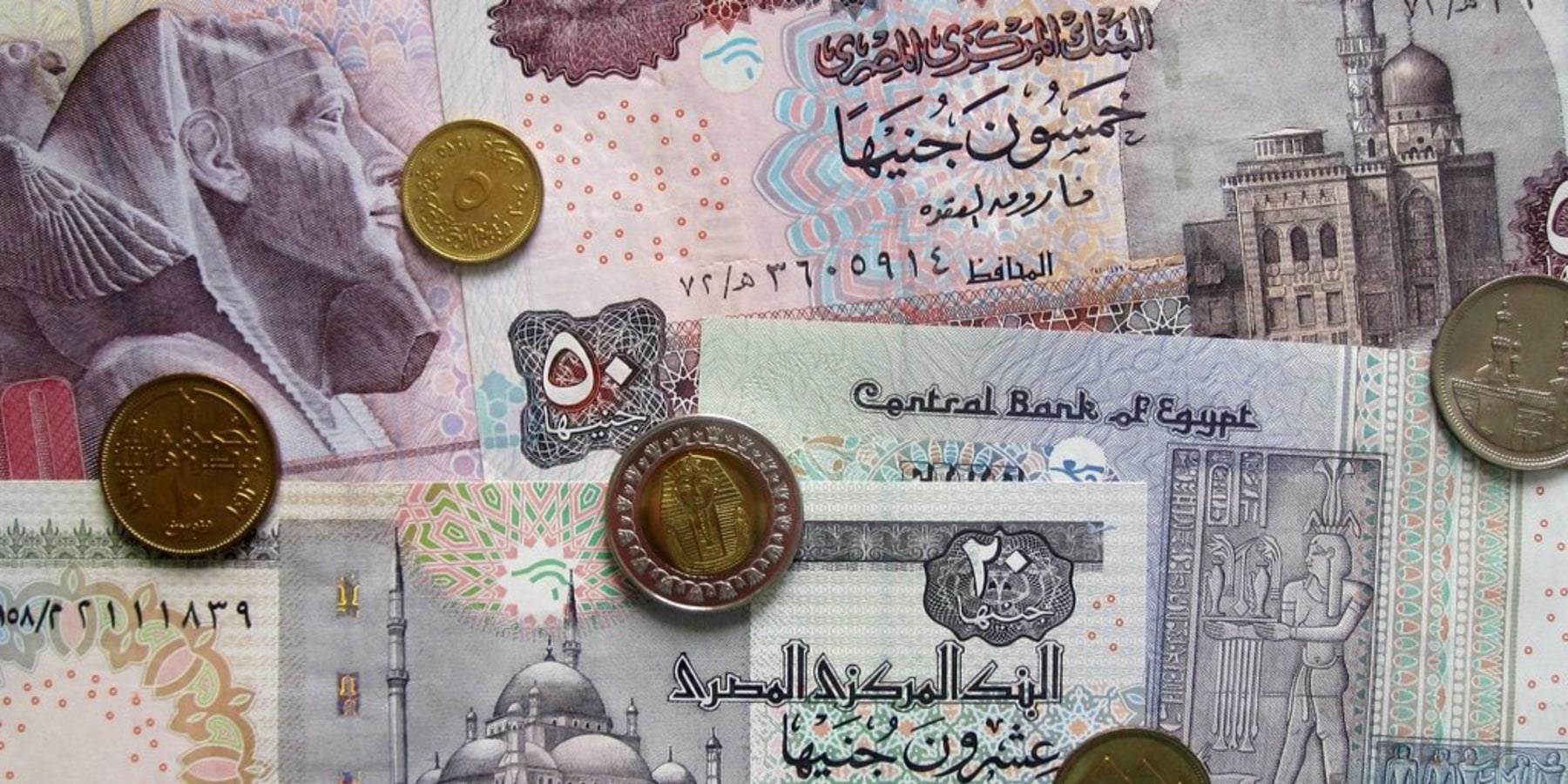Egypt’s urban inflation rate has experienced a slight reduction for the fourth consecutive month, falling to 24% in January, according to the Central Agency for Public Mobilization and Statistics (CAPMAS) on February 10.
This marks a modest decline from the 24.1% recorded in December 2024. On a year-on-year comparison, inflation has dropped by 0.8 percentage points from January 2023, when it stood at 24.8%. However, prices remain elevated across various sectors, with significant increases observed in food, transport, and entertainment.
While inflationary pressures appear to be easing slightly, monthly inflation still rose by 1.6% in January, reflecting ongoing challenges. Food and beverage prices saw a notable 2.1% increase month-on-month, and healthcare services experienced a 4.6% hike. Despite this slowdown, Egypt continues to face inflationary challenges driven by both external factors, such as the Ukraine conflict and disruptions in global supply chains, and domestic factors including a rapid increase in money supply, which has weakened the local currency and reduced purchasing power.
In response to these ongoing economic pressures, the Central Bank of Egypt (CBE) has implemented significant interest rate hikes, raising rates by over 1,000 basis points since early 2022. The CBE has acknowledged the recent decrease in inflation, attributing it to the gradual easing of prior economic shocks and a reduction in food inflation. The government has also sought financial support from international bodies like the International Monetary Fund (IMF) while aiming to attract foreign investment and stimulate local production.



